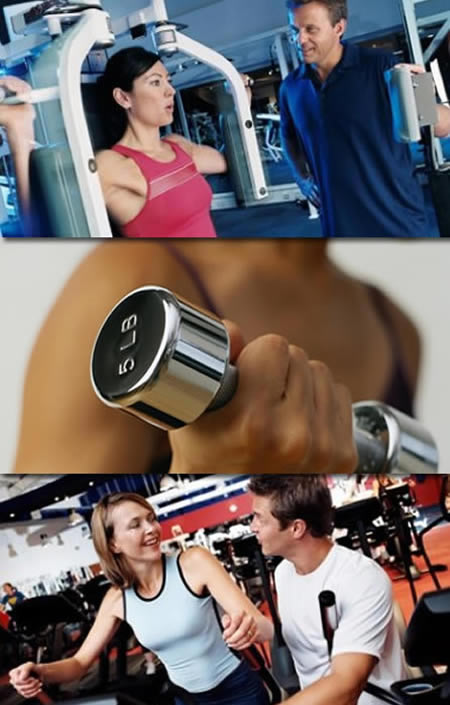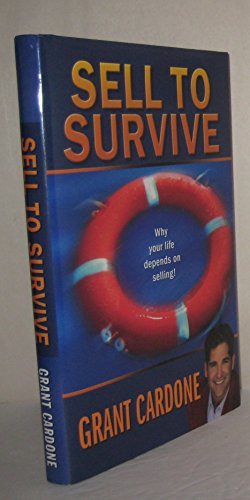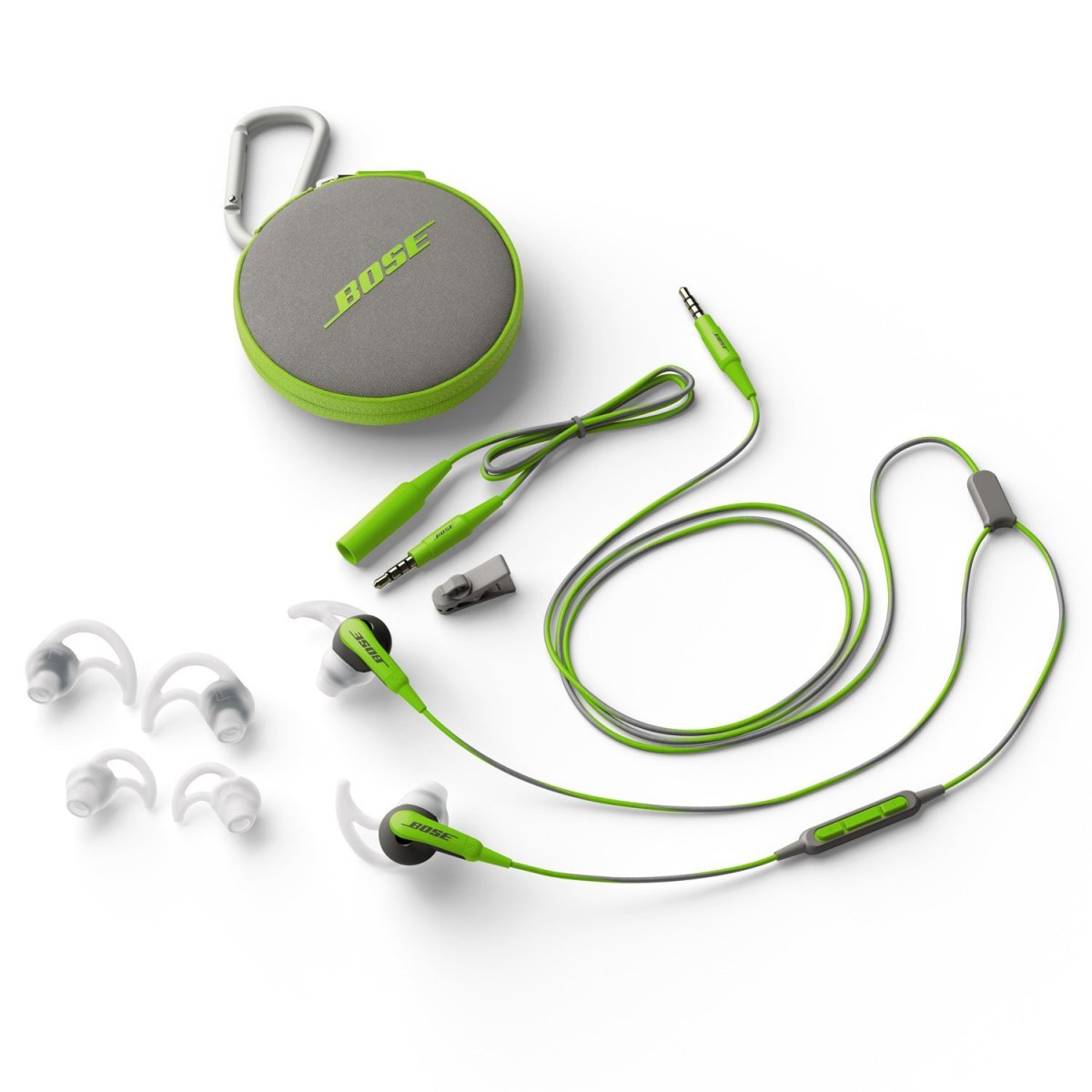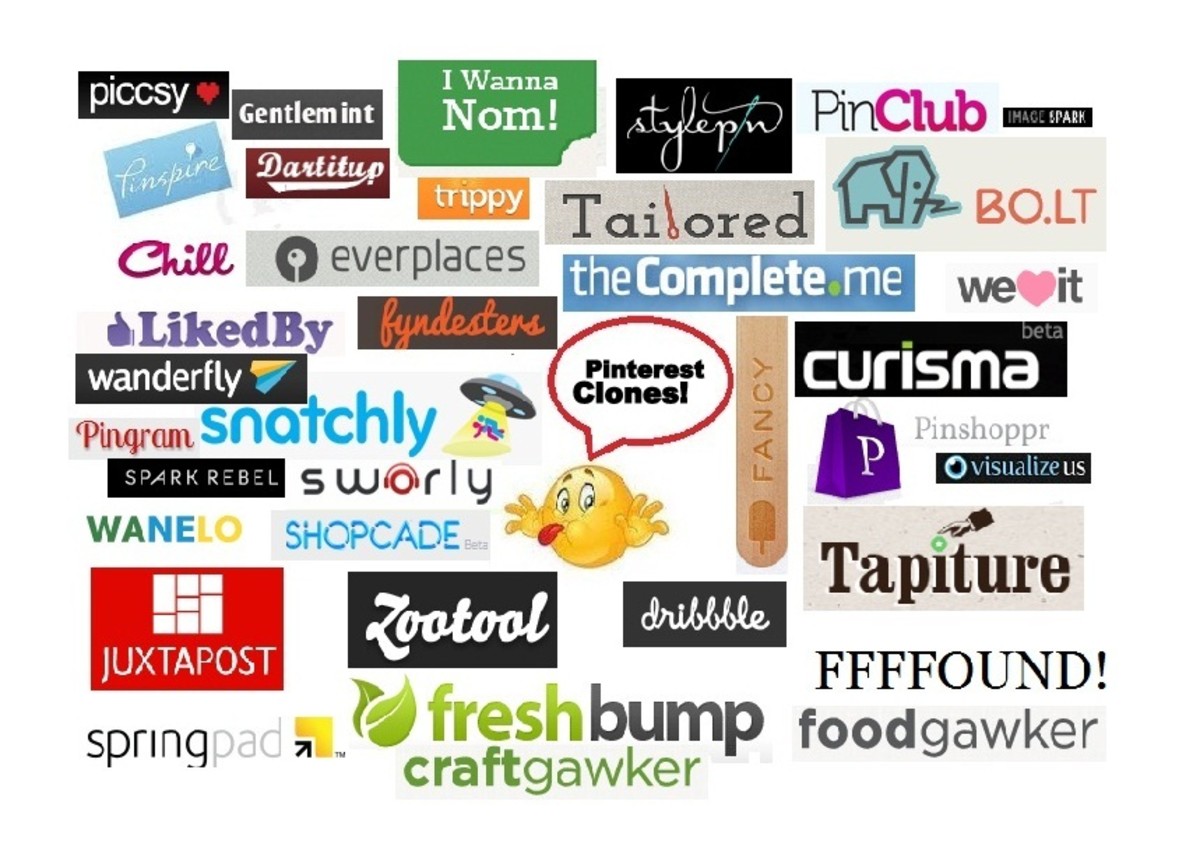Selling Skills, Tips and Training For Personal Trainers


Are You A Personal Trainer?
How would you like to make more money? A lot more money? Do you have enough clients? Would more appointments a month help you?
Whether you have your own business or work at a gym, being a personal trainer means you are also a full time sales person.
What that means is that if you're not with a client, you should be looking for a client.
How often do people ask about your product or service, listen intently, seem legitimately excited about what you're offering and then suddenly excuse themselves with something like:
"Let me give it some thought and get back to you"
"OK, I need to discuss this with my wife and let you know."
"Well, that's a little more than I wanted to spend right now."
"I was just curious. Thanks for the information."
What if there was a way to convert these concerns and objections into a sale? If you're a personal trainer, that means your responsible for your income and your client base. Drop any of these lines on a seasoned Realtor or car salesman and see if you can get away with it! Trust me, if a commissioned based salesperson lets you go after saying any of these things, their either new or on their way out.
And so it goes with you, the Personal Trainer. Yes you may have salespeople at the gym you work at, but if you're meeting with a potential client, it is your job to close them on training with you. Period.
So let's take a look at the road to the sale and see if this doesn't put a few extra dollars in your pocket.
The Cost of Not Closing
- Grant Cardone - Expert Sales Training, Sales Strategies, and Sales Motivation | Grant Cardone
Call 1-310-777-0352. WSJ, New York Times, and Amazon best selling author. Works with fortune 500 and select individuals providing sales training and entrepreneurial advice.
Trick Question
The Purpose of each step in a sales cycle is too:
You Never Get a Second Chance...
...To make a first impression. Believe it or not but how you meet and greet a prospective client can make or break how the rest of the "date" will go. I say "date" because if you're looking to sell someone something, you will need to romance them a little. You have to get to know them, find out what they like and get them to like you and that all starts with a good, effective, solid greeting.
The Greeting/Introduction
A good greeting should be confident. You should appear open and available. If you appear closed off, your prospect will sense that. Smile big, make eye contact, and with a firm hand shake introduce yourself.
"Hello, my name is [insert name], welcome to Mickey's House of Pain Irish Gym. I appreciate you stopping by. What can I get you information on?"
Offering information prompts a response and stimulates a conversation. Asking "how can I help you" tends to trigger the old "just looking" response. Now, whether you're in a gym or studio or freelance, you can custom tailor this to meet your situation, but the greeting you dish out should have these ingredients:
- Smile
- Firm Hand Shake
- Eye Contact
- Offer Information
- And be open and welcoming
So there's your recipe for a successful greeting. Let's take a look at the next piece of the puzzle.
Determining Your Client's Needs
"Questions are the answer!" -Niurka
I love this statement because it is so paradoxically true. It is important to know specifically why your prospect is considering personal training. In a previous Hub on selling, I mentioned and quoted the following: "selling is a conversation and power comes from the words you use."
Here are some questions for you to use to stimulate the conversation:
- What kind of training are you doing now?
- Are you using a personal trainer currently?
- What do you like most about your current training style?
- What do you like least? Why is that a problem?
- What is the most important thing for you in selecting a personal trainer?
- How will you know when you've found the right personal trainer?
- If you could only accomplish one thing from personal training, what would that be?
- Will there be anybody else joining you on your journey?
Once you have a handle on why they're here and have had a good conversation it is time to show them exactly and specifically how and why you can deliver better than anybody else. Now, if any of these questions seem foreign to you or you're not to sure about them, let's discuss them! Leave a comment right here. I'll get an email and we can talk it out.

Presenting Your Product
Now when you have a tangible product like a car, house, computer, or phone, demonstrating how it works is fairly simple. All you have to do is find out what they like and need and then show how the product fits the bill.
But you're now selling yourself and/or your gym so it's time to talk and present.
What can you do, show and demonstrate in the beginning that will project your knowledge, skill and ability to deliver?
You've asked some pretty specific open ended questions here and with any luck have found out the who's, what's, and why's about your soon to be client.
Can you take what you've learned and show them exactly how you can accomplish that?
For example:
"Well Bobby, it looks like you're looking to reduce your bodyfat and then adding a little muscle wouldn't bother you much either. And you also said your 10 year reunion is coming up in six months, right? So let's see if we can come up with a game plan to assault the fat and pack on some lean muscle, sound good? What I'd like to do with your permission is show you how we'd get there. First, I'd like to get your strength and conditioning in check which will take a few weeks and you should start to see some results right away but the real whammy will start when we get into some serious work in the second month. We'll also work on your diet too but I'll need help from you. When you go to the reunion, I'll need you to count how many times you hear, 'Boy, Bobby, you haven't changed a bit!"
This should get the party started. The goal of a traditional presentation is to:
- Build value in you
- Build value in the service you're offering
- Generate excitement
- Set the pace for an easy close
- Sell the end result and the future
- Use and stimulate the imagination
A word of caution: Be prepared to deliver on what you're selling. Never make a promise you can't keep and always be honest and true. Your lively hood depends on your ability to deliver. If you're not 110% sold on you and your prouct/service you better just pack up and go home.
Sales Dogs

Making Arrangements/Closing
What do you want to call the next step? I guess it really all depends on your process or your perception. People can tend to get all weird when it comes to closing a deal. When closing a deal you're really just moving on to the next step which is figuring out how the client is going to pay for the solution to their problem. I mean that's really what you're doing right? Helping them solve a problem. And that to me is making arrangements.
Closing the deal is really just that. It's no different than buying popcorn at the movies. That's a sale. It's a process and there's a close. Think about it. Now does the guy selling you the popcorn get nervous about telling you how much it is and then asking for your money? Of course not. So why should you? What is the difference really? Money? I don't think so. We, the collective population of the United States of America, get ripped off each and every time we buy anything from the concession stand at the movies. We know we're getting hosed, we know it's too much and we do it anyway because at that moment, it make perfect sense to do it. We'll even complain and object the whole way through. And then we'll do it anyway.
But we're selling personal training here right? Not popcorn. But again, perception is the key here. Now I'm not suggesting a "take it or leave it" attitude like you'll get from the kid at the movie theatre, but I am suggesting that level of confidence in your product, service and the value of it.
Now the guy selling you popcorn and soda doesn't have to justify his price nor will he need to help you make the decision to buy. However, these are your variables and the difference between popcorn and personal training.
Your job; keep it light and make it easy. Here's a few tips for making arrangements:
- Be prepared to ask for the business. Sound too simple? Well it is but sometimes you need to hear it. If you don't ask, you don't get and you may need to ask more than once. Be prepared to ask 5 to 9 times if you have to.
- Give your buyer choices. Choices support decision making. Have pricing for a single session and then offer discount packages when they buy multiple sessions. This implies that your single session will be the most expansive of them all. The popcorn pricing structure works for a reason.
- Smile. A lot.
- Be prepared to handle objections, stalls and complaints. Think about when you buy something. Eventually you do it and are glad you did but you don't always go willingly. Neither will your prospect. They may want to deep down but you may need to help them make the decision and justify the money. One of the best tool for this is The Closer's Survival Guide, by Grant Cardone. Loaded with closes that will keep you in the game. The ability and art of closing a deal is very similar to a muscle in the fact that you must work it for it to grow big and strong.
Selling and closing are a skill set, long before they are an art form. The "artists" if you will are the ones blessed with natural talent. However, that doesn't mean you can't learn and develop the craft yourself. This is a skill set that can literally put a lot of extra dollars in your pocket!
A Note on Objections.
Objections can be as simple as a natural reflex. For example, you walk into a Department Store to find a dress shirt or blouse and a sales person says, "Hi, can I help you?" and before you've had time to even process the question you've already said, "No, just looking." Then you're off to find and BUY the shirt. The sales person that believes "just looking" is foolish.
Just because a prospect has an objection doesn't mean they're not interested, not serious or cheep. It means they're human.
The responsibility of the objection falls on you. When you get them it means that the customer isn't 100% sold and it is you're turn to get back in there and find out what's missing so they can decide to hire you and your service.
Study This and Know This

Delivery, Follow Up, Follow Through
As previously mentioned, it is vital that after you close, you follow through and follow up. Here's a few tips:
Did you get the sale?
- Call the next day just to say thank you and see if there are any questions.
- Call the day before to confirm the appointment (your dentist and doctor do this, so does your Realtor. Your time is equally as valuable. Act as such)
Didn't close?
- Call later that day (even 10-20 minutes after they left) to say thank you for considering you and your service and see if any questions popped up.
- This is also a good time to see if you missed anything or try to find the real objection.
- See if you can set another appointment for a meeting of free session.
Now if you have a new client... well I'm going to repeat myself here:
A word of caution: Be prepared to deliver on what you're selling. Never make a promise you can't keep and always be honest and true. Your lively hood depends on your ability to deliver. If you're not 110% sold on you and your prouct/service you better just pack up and go home.
I don't think I need to say how important this is.
Conclusion
Now what? Go forth and sell, that's what! Get out there and take your business and income to the next level!
Have a question? Leave it below and I'll do my best to help you out.
About the Author
David R Bradley has been in the sales industry for over 8 years and has studied sales and selling extensively. He is a Certified Russian Kettlebell Instructor and has also written a book called How To Stop Smoking Without Killing Anyone. David lives in Los Angeles, CA and is married to a wonderful woman.
More About Sales
- Some Wisdom For Sales People - This Means You
And I'll say it again. If you're breathing, you're a sales person. Sooner or later there will come a time in your life where you will need to convince someone of something. You will need to sell them on an... - Sales Enlightenment: Selling, Persuasion and Zen
I use this term zen, a little loosely, I must admit. Zen is another word for enlightenment. By enlightenment I mean that you work from a place of higher awareness and consciousness. Let me ask you a few... - A Lesson For Sales People - Some Things I Learned From The Theatre
How would you like to hear about a simple technique that could help you close more deals? I trust that you, like me, recognize that there are talented sales people out there. However let us remember... - Always and Never: How to use these words and How not to
"Only a Sith deals in absolutes" -Obi Wan Kenobi Star Wars Episode III: Revenge of the Sith Be careful how you think and speak. For whether you believe it or not, you create your reality. ...









